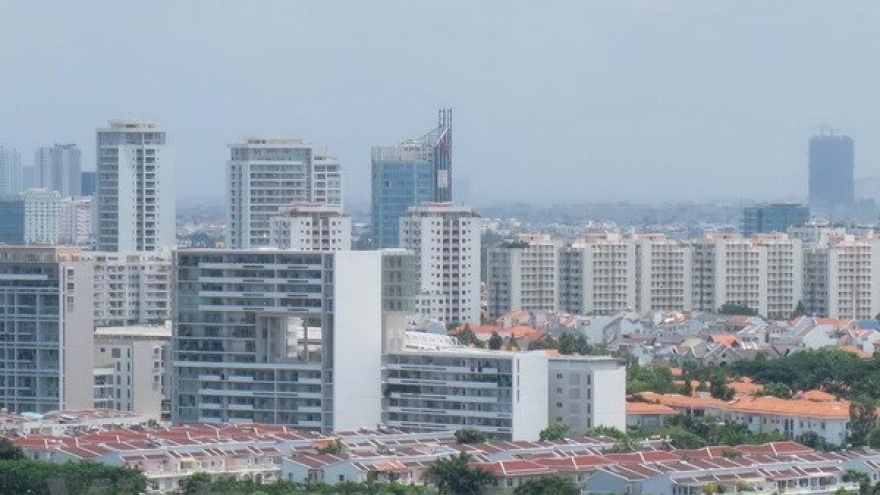CBRE: Foreign investors appreciate Vietnam’s property market prospects
Foreign investors are interested in Vietnam’s real estate market, given the presence of them in almost all largest transactions since the beginning of this year, said Vikram Kohli, Regional Managing Director of Southeast Asia of CBRE – the worldwide leader in real estate services.
 |
When discussing the most dynamic emerging markets globally, Vikram Kohli said that it’s hard to lose sight of Vietnam with its strong economic growth.
Rapid urbanisation supported by a young, growing and educated population bode well for an economy with one of the world’s fastest-growing GDP rates, he said, citing the World Bank’s forecast of Vietnam’s GDP growth at 6.8% this year.
Home to Asia’s best-performing stock market in 2017 and the second largest retail market in 2018, much of the appeal Vietnam currently holds in its auspicious future, he added.
According to him, since 2015, the majority of big M&A transactions have been championed by those investing in property development sites, followed by hotels, apartments and offices. This is a testament to the fact that those pouring money into Vietnam are in it for the long run.
Over the last three years, foreign investment in Vietnam’s real estate market has increased year-on-year. In particular, developers from Singapore, Japan and the Republic of Korea have favoured development sites in downtown areas and close to Metro Line stations.
Local developers usually enter into joint venture agreements with foreign developers on the premise of optimising decision-making in site sourcing and project management.
Running alongside the strong demand for commercial sites is the relative shortage of supply, which is especially prevalent in the market for prime retail and office spaces in Ho Chi Minh City and Hanoi.
Grade A rents in Ho Chi Minh City have risen from about US$35 per square metre per month (psm/month) in the second quarter of 2016 to US$43 psm/month in the second quarter of this year, which results in a healthy 23% growth. Similar office rental growth has been observed in Hanoi over the past two years.
In the office market, an increasing presence of international firms has resulted in developing areas absorbing the overflow of occupants.
Another area generating solid demand is the residential sector, and this segment of the market is expected to motivate the economic growth. Investors from Singapore, and China’s Hong Kong and Taiwan have shown much enthusiasm in the serviced apartment and condominium markets, together representing 75% of total buyers in the buy-to-let market. As a whole, foreign buyers accounted for half of all successful residential deals, which shows that foreign investors are not merely entering Vietnam to set up operations, but also committed to keeping their money here.
This could explain the 15% rise in prime residential prices in Ho Chi Minh City over the past two years, Kohli stated.

